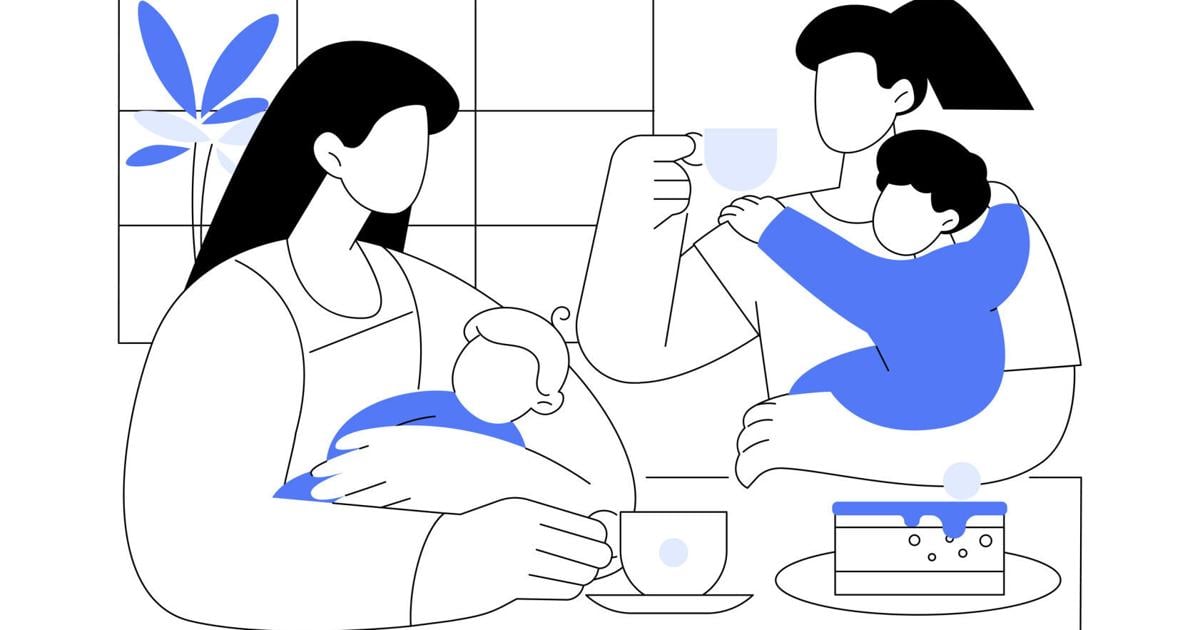
Navigating the Challenges of Modern Parenting Dynamics
In the intricate landscape of parenting, social dynamics among mothers can create both camaraderie and conflict. A recent inquiry submitted to the “Kid Whisperer” column highlights the emotional toll experienced by a mother who feels isolated within her group of fellow parents. These mothers, who share a commitment to their children’s education, often engage in discussions that focus on their personalized, emotionally attuned parenting methodologies. This scenario raises pertinent questions about the nature of parenting conversations in social settings and the impact on individual parents.
The inquiry reveals a common phenomenon: mothers discussing idealized, touchy-feely parenting techniques that, while well-intentioned, can inadvertently make others feel inadequate. One example is a parent who claims a profound emotional connection with her three-year-old son, emphasizing that her attentive approach is the secret to her child’s exemplary behavior. Another mother suggests that kindness is the singular metric for successful parenting, creating an atmosphere where candid discussions about the real challenges of motherhood are stifled.
Such exchanges echo a broader issue in parenting communities: the prevalence of passive-aggressive remarks disguised as advice. Statements like “If you shower your kids with love, they will be well-behaved” or “If you treat your kids with respect, they will respect you in return” place the onus of parenting outcomes squarely on the caregiver. These generalized patriarchal notions often fail to account for the complex realities of child behavior and development, and can leave parents feeling judged and inadequate.
The columnist acknowledges that this style of interaction not only perpetuates feelings of isolation among mothers but can also significantly impact friendships. Many parents report withdrawing from social engagements when faced with dismissive comments that undermine their parenting efforts.
To address these social dynamics, establishing clear boundaries may be necessary. Opening a dialogue that allows for mutual respect and honesty is crucial. For instance, if conversations become overly critical or patronizing, parents might tactfully express their discomfort, asserting that such remarks diminish their confidence. Setting these boundaries can empower individuals to reclaim their social interactions on their own terms.
A strategic pause in social engagements may also prove beneficial. Taking a break allows for reflection and reevaluation of friendships that might be more damaging than supportive. When re-engaging, parents should consider setting conditions that prioritize respectful discourse and minimize passive-aggressive commentary.
Ultimately, the parenting journey is a shared experience that thrives on open communication and mutual support. By fostering environments where all parents feel valued and heard, the potential for camaraderie can flourish, paving the way for healthier, more supportive social interactions within parenting communities.


